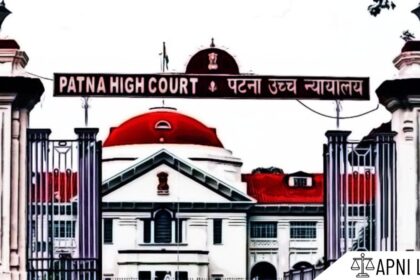Court Clarifies Rules for Implicating Husband’s Relatives In Domestic Violence Act Cases
The Allahabad High Court has ruled that courts must carefully verify claims before issuing notices under Section 12 of the Domestic Violence Act. The court observed that in many cases, wives falsely implicate their husband’s relatives who never lived in the shared household.
Shared Household Rule for Domestic Violence Cases
Justice Arun Kumar Deshwal, while hearing a petition, stated that courts must ensure three conditions before issuing notices under the Domestic Violence Act:
The accused must be related to the aggrieved person as per Section 2(f).
The accused must have lived or currently live in the shared household.
Domestic violence must be committed as defined in Section 3 of the Act.
Court Quashes Case Against Husband’s Married Sisters
The court quashed complaints against five accused: the husband’s married sisters and one of their husbands. The court found that they never lived with the wife and thus, could not be implicated under the Domestic Violence Act.
However, the court refused to quash charges against the husband (applicant no. 7) and his mother (applicant no. 1). The authorities accused the mother-in-law of demanding dowry and threatening eviction while she resided in the shared household.
Courts Must Verify Shared Household Claims
The High Court stressed that courts must verify if the accused actually lived in the shared household before issuing notices. It emphasized that many husbands’ relatives are falsely accused to harass them.
The court directed the lower court to expedite proceedings against the husband and mother-in-law and conclude the case within 60 days.
Key Takeaways from the Ruling
Courts must verify shared household status before issuing notices.
False cases against distant relatives should be dismissed.
Complete proceedings against the husband and mother-in-law within 60 days to handle genuine cases swiftly.








